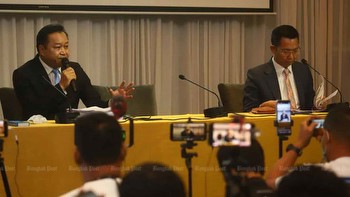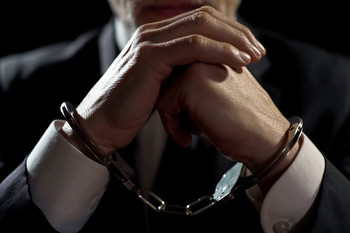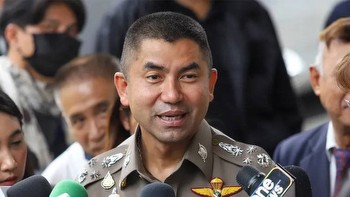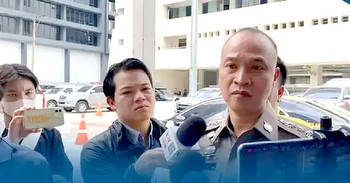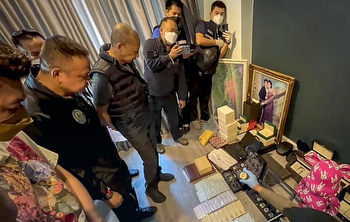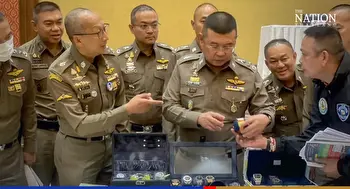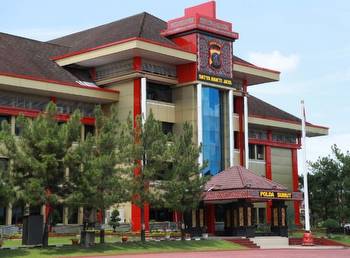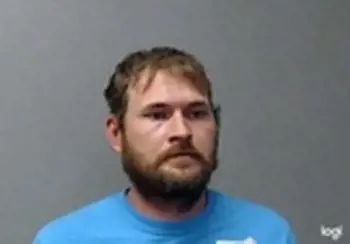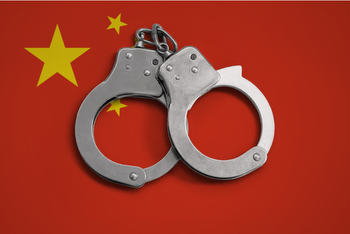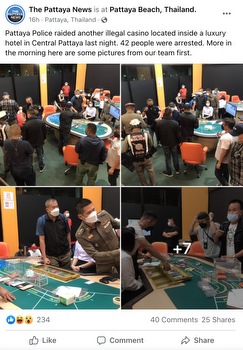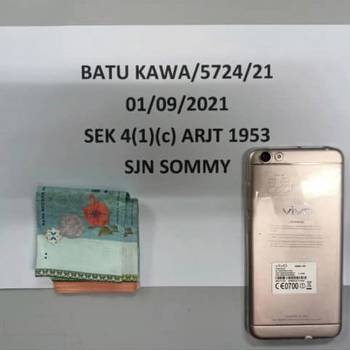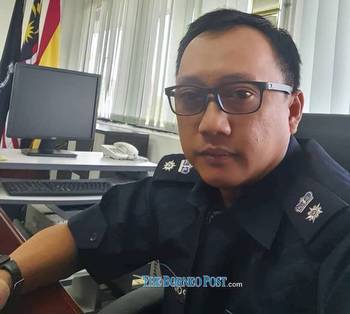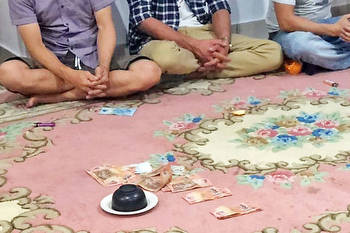Thai Police to Investigate Deputy Chief Accused of Links to Online Gambling
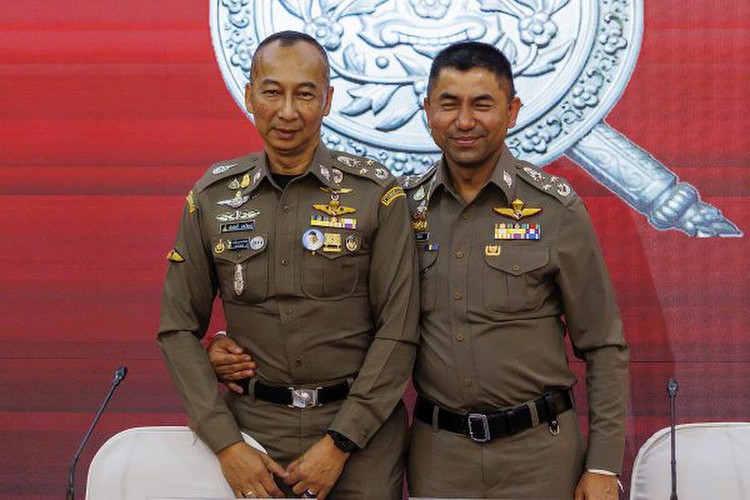
The Royal Thai Police announced yesterday that they will form a committee to investigate the deputy national police chief, who was arrested the day before on accusations of money laundering linked to an online gambling network.
Gen. Kitrat Panphet, the acting national police chief, said that he would not immediately suspend Gen. Surachate Hakparn, who was arrested on Tuesday for his alleged involvement with the online gambling website BNK Master.
“When the discipline department considers there is a reasonable suspicion of misconduct, it is the responsibility of the commander, which is me, to decide whether to form a committee to investigate the facts and give the investigated person a chance to explain. There won’t be an immediate suspension,” Kitrat told reporters, according to a .
Kitrat said that the fact-finding committee would include officers of equivalent rank to Surachate. “If the investigation reveals wrongdoing, a disciplinary inquiry committee will be formed at another level. That stage will consider whether suspension, dismissal, or provisional placement out of service is necessary,” Kitrat said. According to police regulations, he added, the police panel must carry out its probe within 60 days, though the deadline can be extended on request.
Surachate, who is known by the apparently non-pejorative nickname “Big Joke,” turned himself in to police on Tuesday, to answer charges of money laundering, just hours after investigators obtained a warrant for his arrest. He has since been released on bail.
The arrest came after Surachate was temporarily suspended from his duties last month on the order of Prime Minister Srettha Thavisin, along with his boss Torsak Sukvimol, who was appointed to the top police post in October of last year. As The Associated Press explains, these suspensions followed a “very public feud” between Surachate and Torsak, in which the pair lobbed accusations back and forth about their involvement with illegal gambling networks. These accusations and counter-accusations “appeared to be signs of a serious conflict within the highest echelons of the police department,” the AP reported.
In September of last year, police raided Surachate’s Bangkok home in an operation that they said was related to the bust of a major illegal online gambling network. Eight of Surachate’s subordinates were also arrested on the day of the raid. Prior to the raid, Surachate was viewed as one of the leading candidates to be named the new chief of police.
The full story may or may not emerge as the investigation moves forward, but the involvement of senior police personnel in criminal activities has a long and ungracious history. According to a recent academic study into the conduct of the Thai police between 1992 and 2006, “police officers abused their powers to aid politicians and political parties to suppress political opponents and dissent through selective law enforcement and criminal investigations.”
The Thai police have also long had a reputation for corrupt activities of various kinds, including “embezzling government funds, coercing bribes from the public, and accepting protection money from illegal business operators.” Since the early 2000s, another researcher noted, several attempts to reform the police have “failed due to the lack of support among powerful political figures who benefited from the current police system.”
Unsurprisingly, a recent poll found that the Royal Thai Police is the least trusted institution in Thailand, with of respondents expressing mistrust.
This case, which has eaten up column inches in the main Thai dailies, will no doubt prompt fresh calls for comprehensive reforms of the Thai police. Worachat Awipan, a scholar at Payap University’s Institute of Religion, Culture and Peace Lab, told BenarNews that the country “must focus on creating a strong mechanism for checks and balances, along with elevating ethical and disciplinary standards to restore the credibility of the police force.” Given the fate of past efforts, however, there is little reason to think that the current scandal will result in substantial reform.









